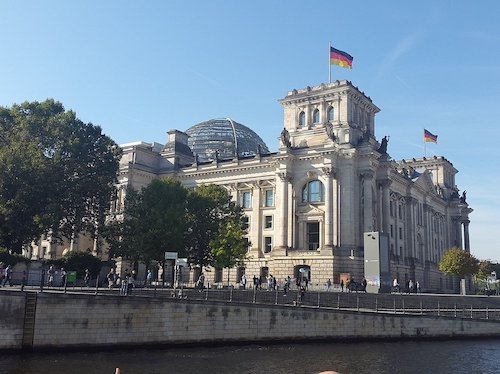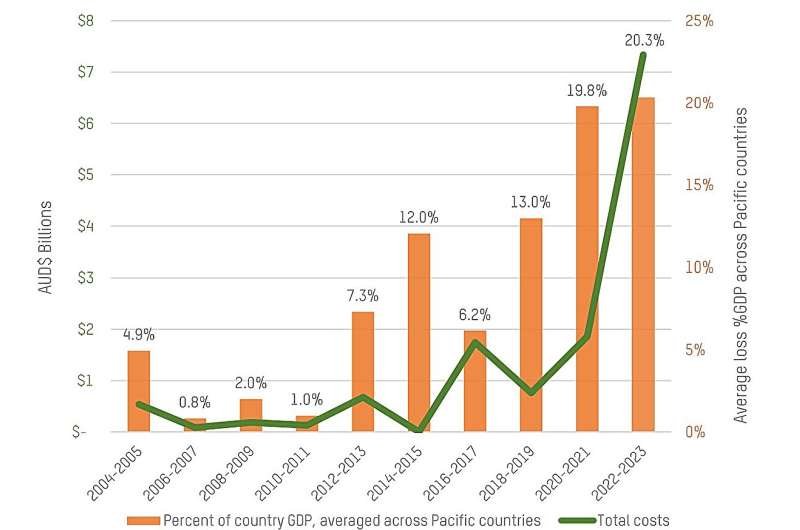German Chancellor Olaf Scholz’s government is facing an unexpected election early next year after the collapse of his coalition government, a development that could reshape the country’s climate policy direction.
Amid the upheaval, the chancellor will not travel to the COP29 climate summit in Azerbaijan, a government spokesperson told Politico last week. News broke of a political collapse in Germany following Scholz’s dismissal of Finance Minister Christian Lindner over disagreements on the economy, especially the 2025 budget and climate and energy policies.
Lindner’s dismissal ended the coalition government, which had included Scholz’s Social Democratic Party (SPD), Lindner’s pro-business Free Democratic Party (FDP), and the environment-focused Greens. The FDP withdrew from the coalition after Lindner’s ouster, leaving the government unable to function, reports The New York Times.
The collapse has implications for the country’s climate policy, which in August, received an “insufficient” rating from Climate Action Tracker, partly because the country’s coalition was too divided to take “comprehensive action across all sectors.” Lindner’s disagreement with climate and energy policies, detailed in a leaked policy paper he authored, contributed to the friction that broke the government, writes Clean Energy Wire.
Read the full post at The Energy Mix.





